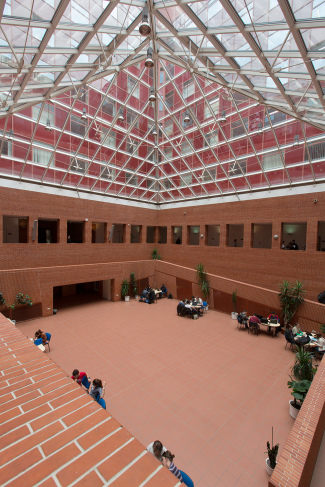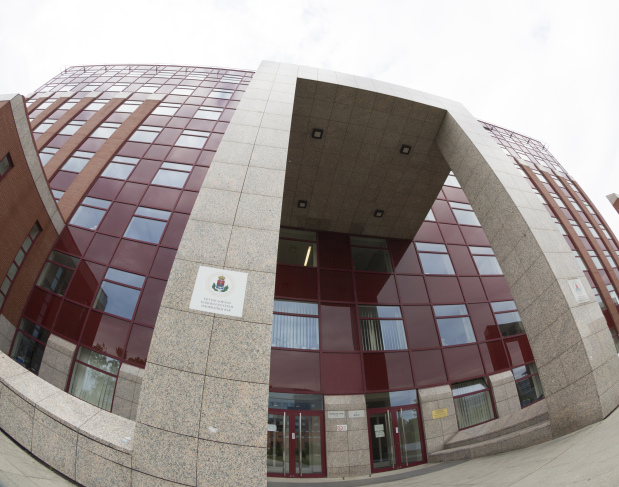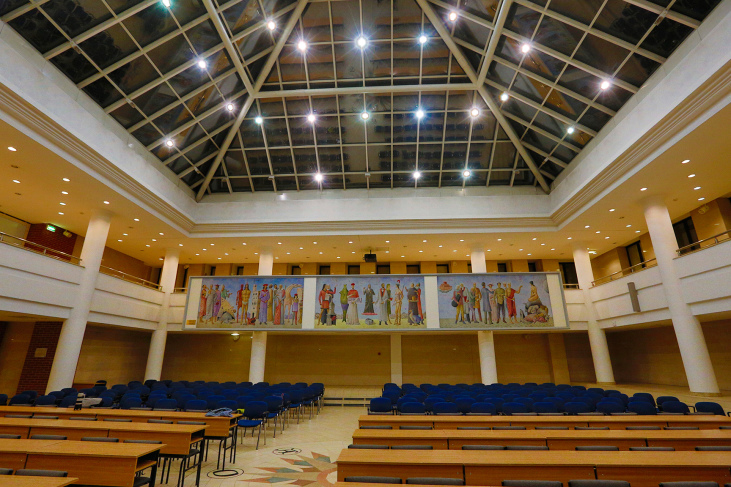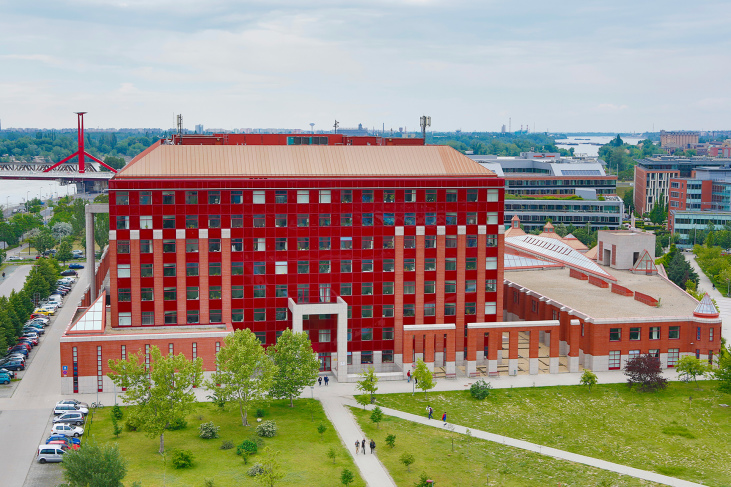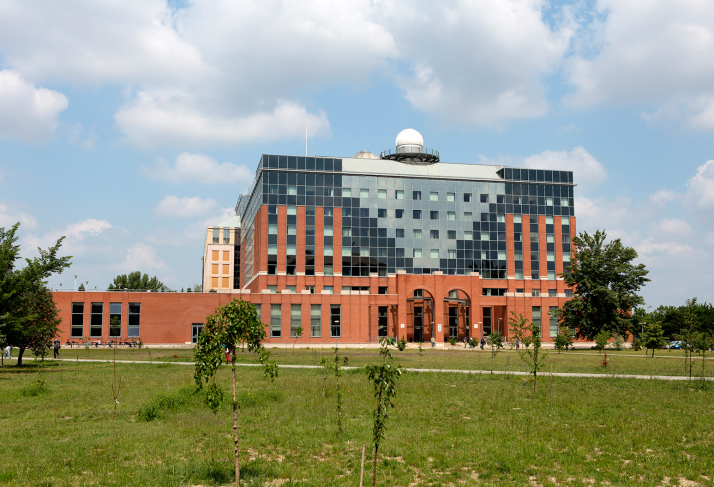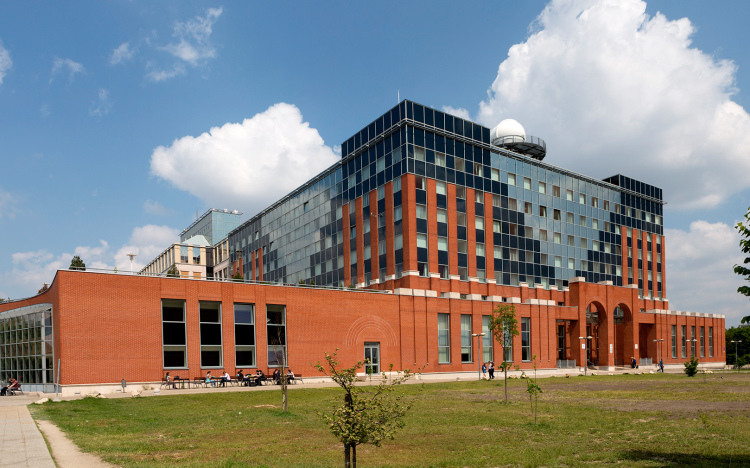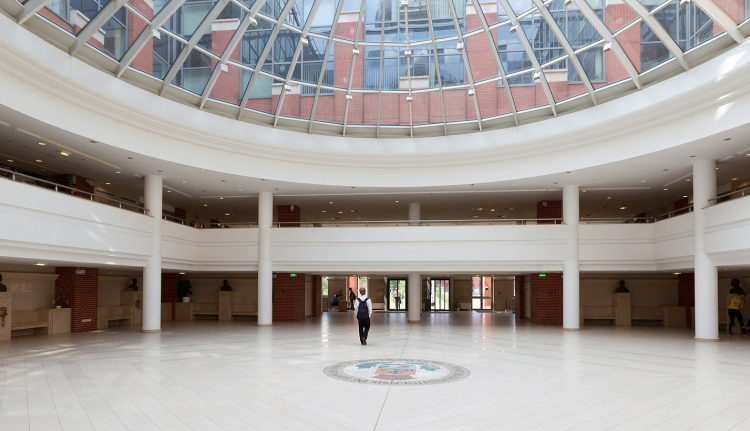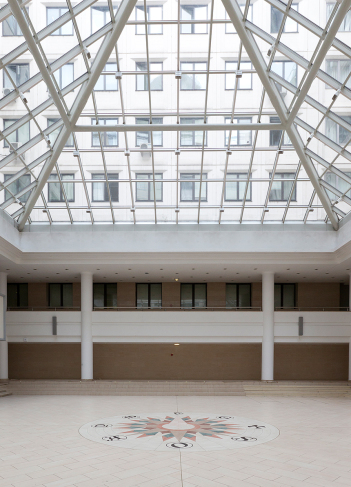Cultural Anthropology MA
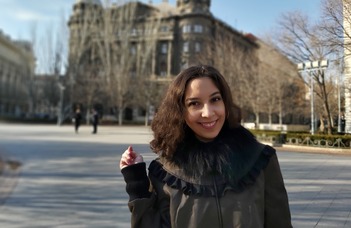
Morocco
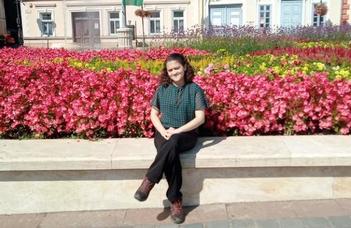
Brazil
Cultural Anthropology MA
Cultural Anthropologist
Degree program
Master
FNYF/115-1/2017.
English
4 semesters (2 years)
120
10
50
The goal of this programme is to give relevant knowledge to students about the common universal human characteristics and values in their diverse and complex manifestations from the perspective of cultural anthropology.
Cultural anthropology is based on critical and interpretative thinking and uses the approaches and methodology of social sciences. Cultural anthropology has an applied perspective; methodologies include interpretation and field research. Critical anthropological thinking and fieldwork experiences help the students understand the differences and difficulties of social interactions, cultural and intercultural communication and their significances in a sensitive and interpretative way.
This programme is recommended to applicants who wish to acquire professional competencies, fieldwork experience, practicing anthropological skills, interpretive thinking, inter-cultural mediation. The students will be able to apply their knowledge and skills in decisions of the social and economic life, international relations and communication, as well as in their professional career.
This programme enables students to master:
- types and global characteristics of cultural diversity,
- theories and concepts related to complex and traditional cultures,
- history, theories and methods of cultural anthropology,
- basic professional anthropological directions,
- widely accepted, professional-specific problem-solving techniques for their independently designed and implemented research or scientific work,
- ethical norms of cultural anthropology.
One of the main strength of the programme is the great variety of courses, covering several areas of cultural anthropology. Our graduates will have a broad knowledge in many areas of cultural anthropology. Besides offering introduction and basic foundation in many areas, some of the subjects lead to up-to-date research results.
Most of the teachers of the programme have international teaching experience and they regularly give classes also at foreign universities. Young anthropologists, bringing in freshness and new momentum, are also involved in the programme. Our instructors all have scientific degrees and good research record. Examples show that graduating from our programme is a very good starting point for doctoral or (at a later stage) postdoctoral studies.
The programme has a special friendly atmosphere. The students and professors have free and fraternal professional relationship. The cooperation between students and professors is very strong.
Career opportunities of our students embrace scientific-academic, applied and practicing anthropological perspectives.
Cultural anthropologists are applied in non-governmental organizations. Some of them have also found job possibilities in market research and multinational companies. Others work as social workers, social politicians or members of social developments.
International companies look for anthropologist employees who have skills of working in multicultural environment and cooperation with colleagues from different cultural background. Several former students of us work recently in communication fields, they can be found in communication companies, communication departments and media.
More students have become journalists, reporters and editors in different media.
In summary, career opportunities for anthropologists have been increasing in the last few years, because more and more social institutions, multinational companies and organizations have realized the importance of intercultural sensitivity and knowledge. The acquired knowledge, experience and skills for the students of the programme will guarantee their success in the above-mentioned carrier fields beside the academic career possibilities.
- Academic researcher
- Market researcher
- International aid/development worker
- Social researcher
Also work in the public and not-for-profit sectors, all branches of the Civil Service, local government, charities, central government bodies, universities, international organizations, museums and voluntary organizations.
1550 EUR
3500 EUR; For February intake: 3000 EUR
For February intake: EUR 50 (non-refundable) For September intake: EUR 50 (non-refundable) between 01/10/2024-15/11/2024______ EUR 100 (non-refundable) between 20/11/2024-30/04/2025______ EUR 180 (non-refundable) between 05/05/2024-31/05/2025
For February intake: EUR 50 (non-refundable) For September intake: EUR 50 (non-refundable) between 01/10/2024-15/11/2024______ EUR 100 (non-refundable) between 20/11/2024-30/04/2025______ EUR 180 (non-refundable) between 05/05/2024-31/05/2025
3500 EUR; For February intake: 3000 EUR
For February intake: EUR 50 (non-refundable) For September intake: EUR 50 (non-refundable) between 01/10/2024-15/11/2024______ EUR 100 (non-refundable) between 20/11/2024-30/04/2025______ EUR 180 (non-refundable) between 05/05/2024-31/05/2025
Yes
01, Sep, 2025
31, May, 2025
Yes
15, Nov, 2024
Entry requirements
Applicants must have a BA/BBA degree in any of the following areas: Social Science, Communication and Media Science, International Studies, Political Studies, Social Work, Sociology, Social Pedagogy, Cultural Anthropology, Political Science, Community Coordination, Ethnography, Roma Studies. In case of other bachelor's degrees: individual consideration.
If the BA degree does not meet all the necessary requirements, the applicant may be required to complete additional credits in the relevant fields during their first year of study to fulfil these requirements upon acceptance.
Language requirements
Certification of English knowledge (both written and oral): B2
IELTS Score: 5.5
TOEFL IBT Band: 46-59
Cambridge English Scale Score: 162
If the applicant does not have any of the above certifications, their English proficiency will be assessed during the admission interview. Any letter of acceptance issued by the Faculty of Social Sciences is based on the verified fact that the applicant’s command of English has been assessed; therefore, they are considered eligible to pursue their studies at the institution.
If the applicant can prove that they completed their former education entirely in English by submitting a notarized attestation and a detailed academic transcript, no proof of language knowledge will be required throughout the admission process.
| Document | Comment |
| Online application form | |
| Bachelor-level degree | |
| Transcript of records | |
| Motivation letter | The general guidelines and expectations for the letter are: the applicants introducing themselves, their motivation, interests and goals with the programme. The length of the motivation letter is between 1500 and 4000 characters. |
| Copy of the main pages of the passport | needs to be valid |
| Copy of application fee transfer | |
| Language certificate (if the applicant has one) |
The application starts on the online application system. Students need to register in the system, fill in the online application form, upload the required documents and follow the instructions during the application process.
Students who hold Hungarian citizenship and/or dual citizenship, must apply through felvi.hu Please note that if an application is submitted not according to the aforementioned, it will be rejected.
Procedure of the entrance examination
The application deadline refers to the final submission of the complete application package through the online system.
For the September intake, there are three application periods:
- Early Bird Period: October 1, 2024, to November 15, 2024, 23:59 (CET)
- Regular Period: November 20, 2024, to April 30, 2025, 23:59 (CET)
- Last Call Period: May 5, 2025, to May 31, 2025, 23:59 (CET)
The application deadline refers to the final submission of the complete application package through the online application system.
These distinct periods allow applicants the flexibility to submit their applications at their convenience. All applicants within each period have an equal chance of gaining admission to the program.
After each application deadline, the Admission Board reviews the application. After the admission interview, applicants are informed of the selection outcome through the online application system within approximately one month. Admission letters are expected to be sent out through the online application system until the end of June. For February intake and Early Bird applications, admission letters are expected to be sent out through the online application system until the end of December.
Applicants with a full application package will be notified after the application deadline about the exact time and date of application interviews conducted via Ms Teams. Applicants are responsible for having technically suitable conditions for the interview from their side.
Applicants are expected to be prepared taking questions regarding the compulsory admission materials (see: Recommended readings for the entrance exam) from the side of admission committee composed of a professor, a lecturer and a student representative.
Based on the results, certain students may be placed on a waiting list. Final results are expected by the first half of August.
Type of entrance examination: Oral
Place of entrance examination: Online
Further details of the entrance exam
The application interview will include a discussion on the following topics:
The applicant should choose one of the well-known figures from the history of anthropology: Clifford Geertz, Edmund Leach, Bronislaw Malinowski, Margaret Mead – and review his/her works and achievements in the fields of anthropology.
Recommended Readings:
The list below is the recommended readings, but students are also allowed to choose different reading from the authors.
- Edmund Leach: Social anthropology (Oxford University Press, 1982)
- Margaret Mead:Coming of Age in Samoa (1928) or Sex and Temperament in Three Primitive Societies (1935)
- Bronislaw Malinowski: Argonauts of the Western Pacific: An account of native enterprise and adventure in the Archipelagoes of Melanesian New Guinea (London: Routledge and Kegan Paul, 1922) or Baloma; the Spirits of the Dead in the Trobriand Islands (1916)
- Clifford Geertz: The Interpretation of Cultures: Selected Essays (Basic Books, 1973) or Local Knowledge: Further Essays in Interpretive Anthropology (Basic Books, 1983)
Further details of selection and evaluation:
Applicants with a full application package will be asked to participate in an oral entrance exam. The institutional admission scores are based on a total evaluation of academic excellence (based on the submitted documents) and the results of the entrance exam. The entrance exam seeks to assess the general and professional knowledge and interest of the applicant.
A successful oral entrance exam is the prerequisite of getting admitted. If the applicant fails the oral entrance exam, the application will be rejected.
Dr. Csaba PRÓNAI
Head of the Department of Cultural Anthropology, Dean of the Faculty of Social Sciences
Associate Professor
Mr. Florian SIMON
Department Administrator
E-mail: florian.simon@tatk.elte.hu
Csenger KERTAI
Department Administrator
E-mail: kertai.csenger@tatk.elte.hu
International Office, Faculty of Social Sciences
TEL: +36-1-372-2500/6779
E-mail: international@tatk.elte.hu
Postal address:, Pázmány Péter sétány 1/A, Budapest, H-1117
More information
Faculty Website
Facebook page of the Faculty of Social Sciences
Cultural Anthropology MA at the Faculty of Social Sciences
Cultural Anthropology MA at the Faculty of Social Sciences
0
/
0















0
/
0


